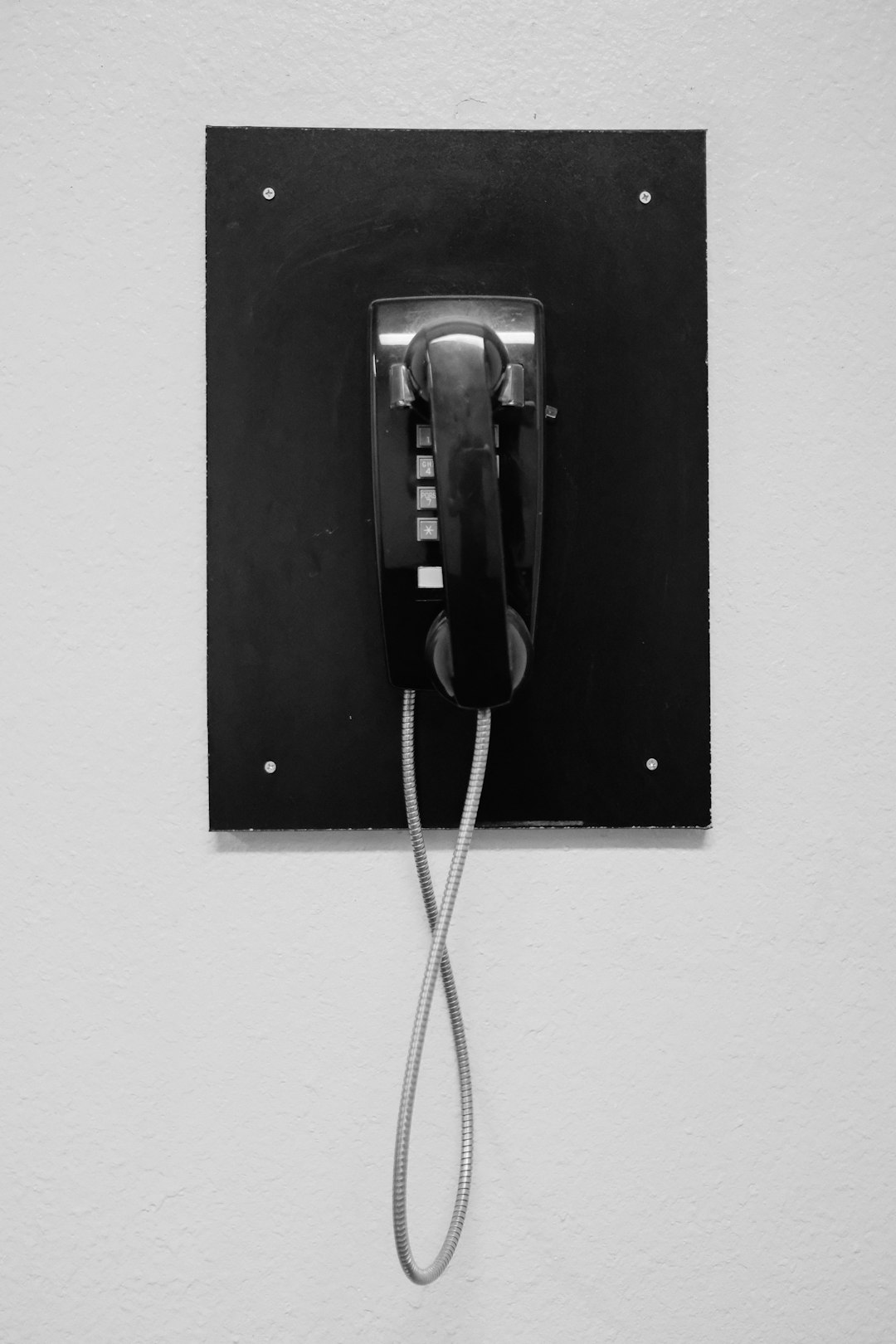After falling victim to a telemarketing scam, immediately document all interactions using screenshots, records, and transcripts. Save relevant documents, including fraudulent websites and financial records. Contact a lawyer specializing in Do Not Call Laws in North Carolina to understand your rights, explore legal options, and report the scam to authorities. Quick action is crucial for protecting your finances and seeking justice.
A telemarketing scam can be a distressing experience, but knowing how to respond is crucial. If you’ve fallen victim or suspect one, swift action is essential to protect yourself and others. This guide outlines critical steps after a scam, including documenting interactions, reporting it to authorities, and seeking legal counsel from a specialist in North Carolina’s Do Not Call Laws to explore remedies and prevent future incidents.
Assess and Document the Scam
After falling victim to a telemarketing scam, the first step is to assess and document what happened. This involves thoroughly reviewing the interactions you had with the scammers. Take note of any details such as phone numbers, email addresses, names of individuals involved, and specific promises or threats made during the call. It’s crucial to keep records of all communication, including text messages, emails, and voice messages related to the scam attempt.
Documenting the scam not only helps you remember essential details but also serves as valuable evidence if you decide to take legal action. Consider taking screenshots of any fraudulent websites or apps used by the scammers and save all relevant documents related to financial transactions or personal information requests. Contacting a lawyer specializing in Do Not Call Laws in North Carolina can be beneficial for understanding your rights and exploring legal options to seek justice and compensation.
– Recognizing common telemarketing scam signs
Recognizing a telemarketing scam is the first step in protecting yourself. Scammers often use high-pressure sales tactics, pretending to be from reputable organizations or government agencies. They may claim that you’ve won a prize, owe money for a service you never requested, or request personal and financial information under false pretenses. A red flag could be an unexpected call asking for immediate action or threats of legal consequences if you don’t comply.
In North Carolina, there are laws in place to protect consumers from these practices, including the Do Not Call Laws. If you suspect a scam, document all interactions with the caller, including dates, times, and what was said. Contacting a lawyer specializing in consumer protection or Do Not Call Laws can be beneficial for understanding your rights and taking appropriate action, such as reporting the incident to the Federal Trade Commission (FTC) or local law enforcement.
– Note down details of the interaction
After falling victim to a telemarketing scam, it’s crucial to take immediate action to protect yourself and your financial well-being. One of the first steps is to note down every detail of your interaction with the scammers. This includes the date and time of the call, the phone number they used (which might be spoofed), any personal or sensitive information you provided, and a record of what was said during the conversation.
Documenting these details is essential as it can help identify patterns, which may assist law enforcement and also serve as crucial evidence when seeking legal advice from a lawyer specializing in Do Not Call Laws North Carolina to recover your losses or prevent further fraud.






